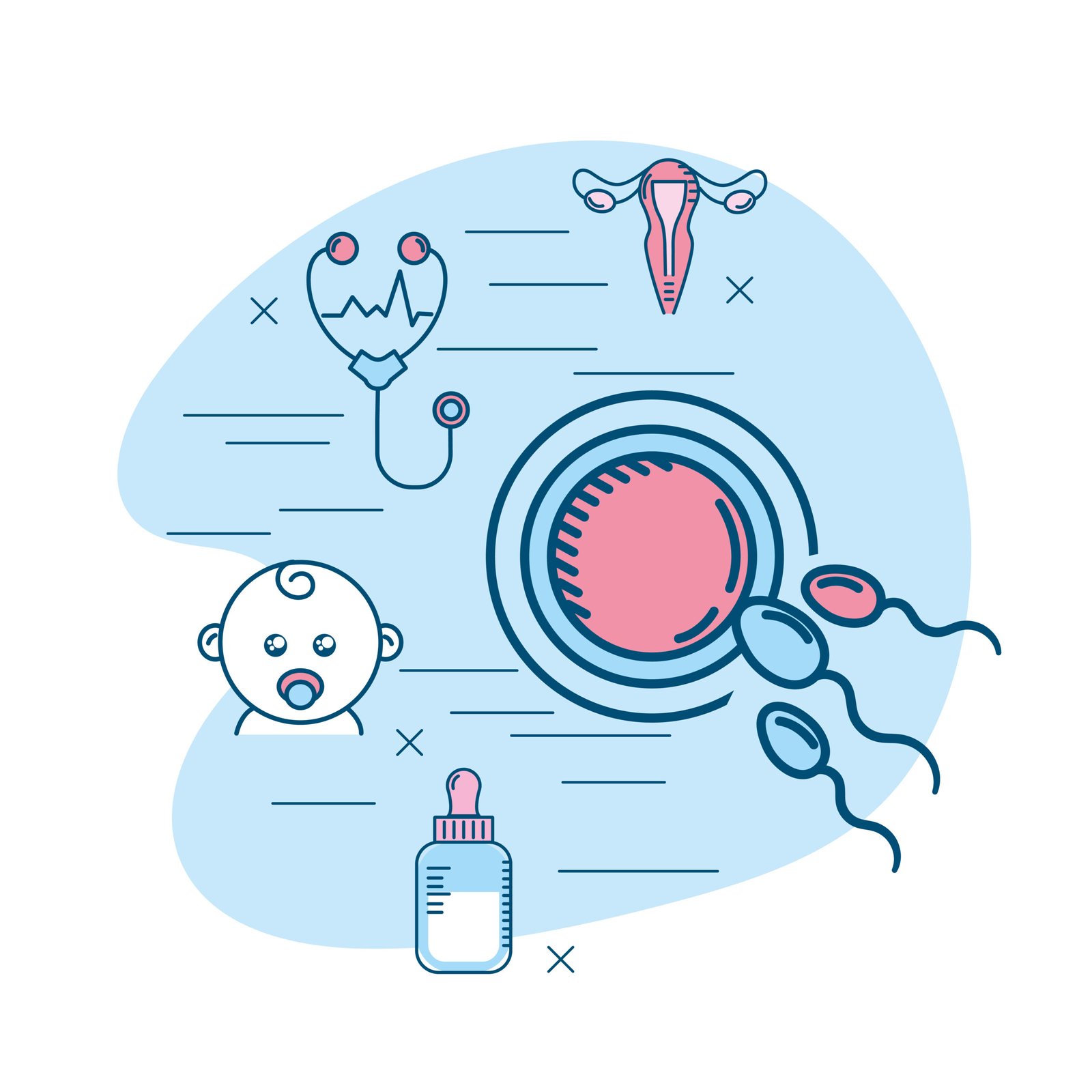
What is Intrauterine Insemination (IUI)
Intrauterine insemination (IUI) is a fertility treatment that can help couples struggling with conception. It involves placing healthy sperm directly into the woman’s uterus, bypassing the cervix and increasing the chances of fertilization compared to natural intercourse. While not as complex as IVF, IUI can be a successful option for various fertility challenges.
IUI Procedure Step-by-Step
The IUI process typically involves several steps:
- Stimulation and Monitoring (Optional): In some cases, medications might be used to stimulate ovulation and produce multiple mature eggs, potentially increasing the success rate. This step involves blood tests and ultrasounds to monitor progress.
- Sperm Collection: The male partner provides a semen sample through masturbation or using a special condom during intercourse. The sample is then processed in a laboratory to separate healthy, motile sperm.
- Ovulation Timing: Ovulation prediction is crucial for IUI success. This can be done through ovulation predictor kits, basal body temperature tracking, or ultrasound monitoring.
- IUI Procedure: The woman lies comfortably during the procedure, similar to a Pap smear. A thin catheter is inserted through the cervix and carefully guided into the uterus. The processed sperm sample is then injected directly into the uterus, bringing the sperm closer to the eggs for fertilization.
- Luteal Phase Support: After IUI, medications like progesterone supplements might be prescribed to support the uterine lining and improve the chances of embryo implantation.
- Pregnancy Testing: Approximately two weeks after IUI, a blood test is conducted to detect the presence of the pregnancy hormone (hCG) and confirm pregnancy, if successful.
Cost of IUI Procedure in 2025
On average, a single IUI cycle in India in 2024 can range from ₹1,000 to ₹3,000 INR. Medications, if needed, can add another ₹5,000 to ₹10,000 INR to the overall cost. It’s essential to discuss the cost breakdown with your chosen clinic during the consultation process. Some insurance plans might offer partial coverage for IUI, so exploring your options with your insurance provider is recommended.
The cost of IUI can vary depending on several factors, including:
- Location of the clinic
- Medications used (if any)
- Number of IUI cycles performed
- Additional procedures required


IUI Vs IVF
IUI and IVF are both fertility treatments, but they differ in complexity, success rates, and cost. IUI is a less invasive procedure that involves placing washed sperm directly into the uterus, increasing the chances of meeting the egg for fertilization. Success rates are typically lower than IVF, ranging from 10-20% per cycle. IUI is often recommended for mild male infertility, unexplained infertility, or situations where ovulation needs a boost.
In contrast, IVF is a multi-step process involving egg retrieval, fertilization outside the body, and embryo transfer. While more complex and expensive, IVF offers significantly higher success rates, especially for women with diminished ovarian reserve or severe male factor infertility. Ultimately, the choice between IUI and IVF depends on individual circumstances and the cause of infertility. Consulting a fertility specialist can help you determine the most suitable approach for your path to parenthood.
FAQs
2. What is the best age for IUI?
Women under 35 typically have higher IUI success rates due to better egg quality.
3. Are IUI babies healthy?
Yes, there's no evidence suggesting IUI babies have any health problems compared to naturally conceived babies.
4. Is IUI painful?
IUI itself is generally not considered painful, though some might experience mild discomfort similar to a Pap smear.
5. Is IUI better than natural?
IUI can be a good option for certain fertility challenges, but it's not necessarily "better" than natural conception. Your doctor can help you decide if IUI is the right approach for your situation.
